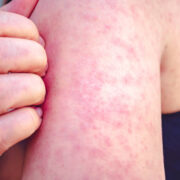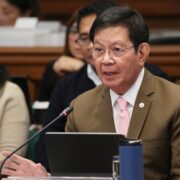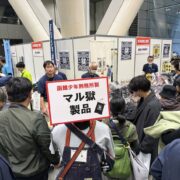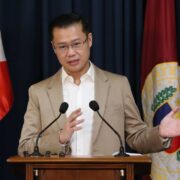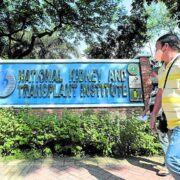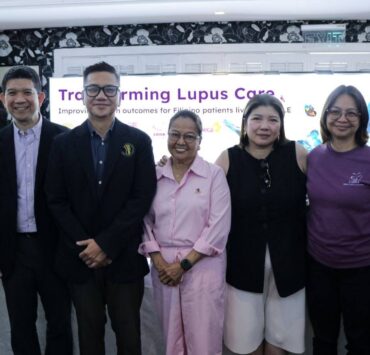Cancer in young adults is rare, but it can happen
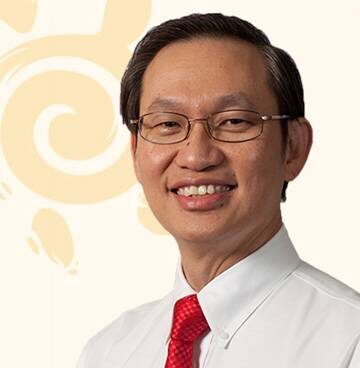
Cancer in young adults (18–39 years old) is rare, but it doesn’t mean that it can’t happen. Dr. Ang Peng Tiam, oncologist and medical director at Parkway Cancer Center in Singapore, said that he doesn’t want to create hype around cancer for this age group, but he does want them to be alert.
“We do know that young people do get cancer, but it is not like every young person is at high risk of getting it,” he said in an interview with Lifestyle during his visit to Manila last month.
Early detection has made a difference in curing the disease and lowering the mortality rate. Hence, his advice is to know your body. You don’t need big fancy machines to do the initial check.
“Every woman should know their own breasts,” he said. “Every time you shower, you should know how to feel your own breast. And you should know changes in your breast.”
Self-examination must be practiced among young women. Irregularities such as lumps mean it’s time to visit a doctor. However, women between the ages of 20 and 30 do not need to go for formal screening yet if there’s nothing. He says that’s a waste of resources.
He believes in raising awareness among the public because it works. Efforts to discourage smoking through consistent health messaging have contributed to a noticeable decline in lung cancer cases, Ang said.
No matter what age, people should be on the lookout for the common symptoms such as a sore that does not heal, unusual bleeding or discharge, change in a wart, persistent indigestion or difficulty in swallowing, nagging cough, change in bowel or bladder habits, and unexplained weight loss and fatigue.
“It doesn’t mean that if you have these problems, you definitely have cancer,” he clarified. “But these are certainly symptoms that should draw your attention enough to see a doctor.”
Stress
When it comes to stress as a cause of cancer, Ang takes a more cautious view. He said it’s very difficult to prove how stress is a causal factor because it’s not easy to measure stress. Someone working 10 hours a day could be happy with what she’s doing, versus someone working for five hours.
“I’ve been asked this question a zillion times. And there’s no way in which you can convincingly say that stress causes cancer. But I believe it does,” he said.
Google is very helpful in finding answers and explanations about the disease, but nothing compares to talking to a real person. When you are diagnosed with cancer, it’s not enough that you find one good doctor.
“A doctor does not make a difference. It is the team, the system, and the philosophy that do,” he said. “When a patient sees me in Singapore, does that mean that they will be cured? No. I am not God. But I will be able to analyze a case, and have a team of supporting crew to offer you the best treatment options.”
Ang said that patients who see him will get their treatment plan within 48 hours, and that is because of his team. A patient from the Philippines saw him and started getting treatment on Day 3. How they want to get to their treatment is up to the patient. They can opt to fly in or fly out, or they could choose to stay temporarily. Their hospital, for example, processes the visa of the patient and their family members for a longer stay.
Finally, we ended the interview with a question: Should a cancer patient start eating healthy and change their diet? Ang said no.
“At that point in time, what is most important is to have an adequate diet and to stay strong,” he said.




